
Sign in to your XDA account
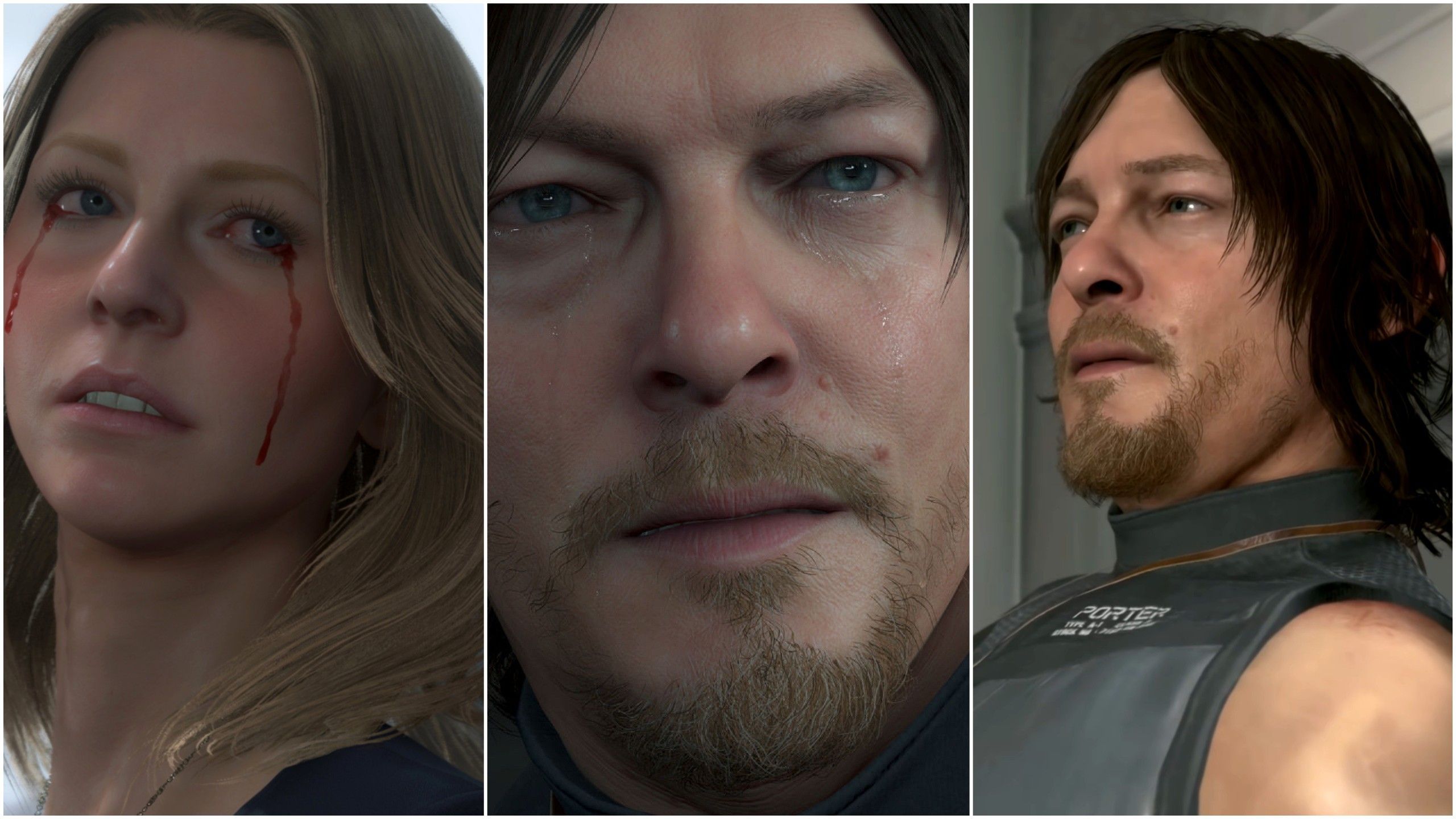
Hideo Kojima's Death Stranding 2 has been all the rage lately, and very rightly so. The game has been one of the most anticipated releases of 2025, and now that it's out, I can't get enough of it. Of course, leading up to the release of the game, I took the time to revisit the first game, and this time around, I played it on my PC instead of the PlayStation 4 I played it on six years ago.
Revisiting Death Stranding truly did give me a newfound adoration for the game, and even though I had problems with it, the sum of all its parts was an unforgettable game I couldn't quite call a masterpiece, but it was certainly unforgettable. However, now that I've blasted through 30 hours on the sequel and realized how much more confident a game it is. Needless to say, one opinion I had about the first game changed completely — and that is about the 2019 game's acting performances. In retrospect, they kinda suck.
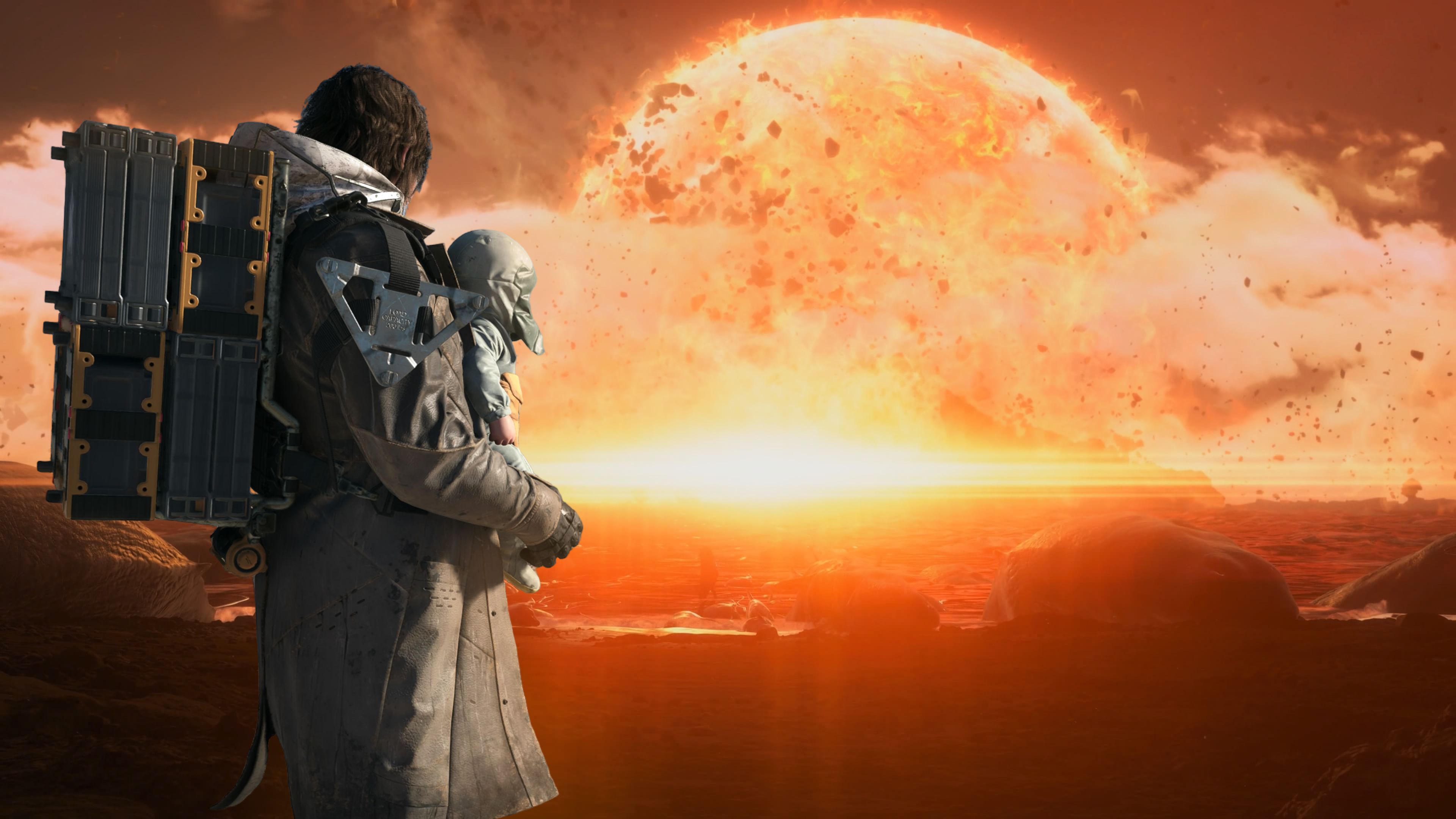
Related
Review: Death Stranding 2: On the Beach is my game of the year, and it really isn't close
A masterpiece for those willing to take the journey, Death Stranding 2 perfects its creator's vision, making for a once-in-a-generation experience.
Death Stranding's acting performances don't stand up under a closer reinspection
Full disclosure, I hailed both Léa Seydoux's and Mads Mikkelsen's acting performances in the game over in this XDA article. At the time, I hadn't revisited the game since 2019, while still consuming Death Stranding content occasionally. Since I've largely been a fan of both Seydoux and Mikkelsen's works in cinema, I can't fault their performances in the game.
Coming back, however, and approaching it from a more critical lens, has made it rather clear that it isn't just weak acting performances, but weak writing in general, when it comes to the first game. In fact, that's something every Hideo Kojima game has suffered from, largely after MGS 3 — fantastic and complex narratives with serious themes, and yet, in execution, they have a distinct quality of being too... plain.
Expository dialog and ham-fisted contrivances clutter Death Stranding's narrative, and it's clear that the actors, A-listers that they are, could only do so much when the script itself demanded them to talk in the most non-human ways possible.
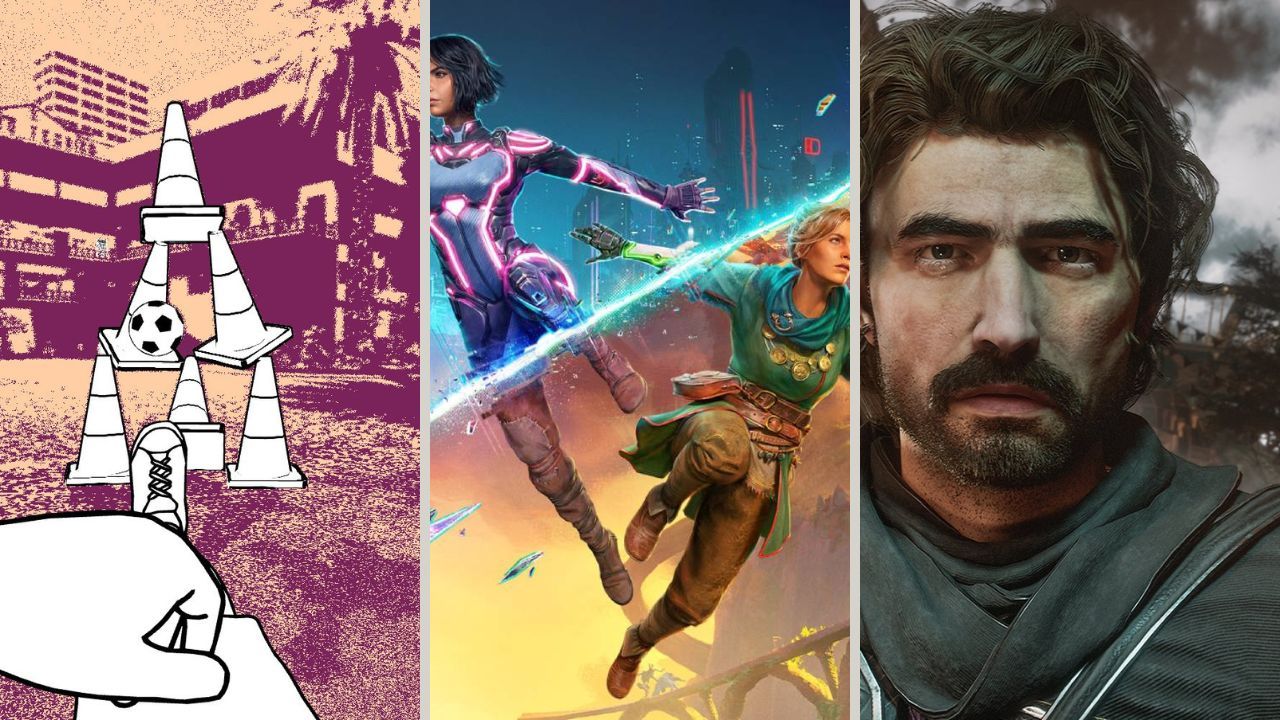
Related
Halfway through 2025, here are the 6 best reviewed games so far
Halfway through the year, here are the best reviewed games of 2025 so far.
Both the Death Stranding games suffer from bad dialog writing
I'm in love with their stories, but I can still see the writing for what it is
Right off the bat, let me make one thing absolutely clear — I consider Hideo Kojima a fantastic director and cinematographer. It doesn't take more than a few minutes in either Death Stranding game to realize that the director's vision is incredibly unique, and his execution of it is nothing short of stellar.
The writing in his games, however, has always been contrived and expository. However, that's not what we're here to discuss — even though I could go on about it for hours. It's a love-hate relationship, to put it as simply as possible — I can't stop rolling my eyes at most of the dialog, and yet, the sum of its parts stays with me longer than most games I've ever experienced.
Whether it's Fragile bluntly saying "I'm Fragile, but I'm not that fragile", or "You're damaged goods," in the first game, or her realizing she should give Sam some extremely important information about his bridge baby hours into the second game, or Deadman refusing to say anything that isn't an expository monologue, Death Stranding is a franchise whose story and playing experience have endeared themselves to me, despite some glaring issues. Let's get back to the task at hand — the acting.
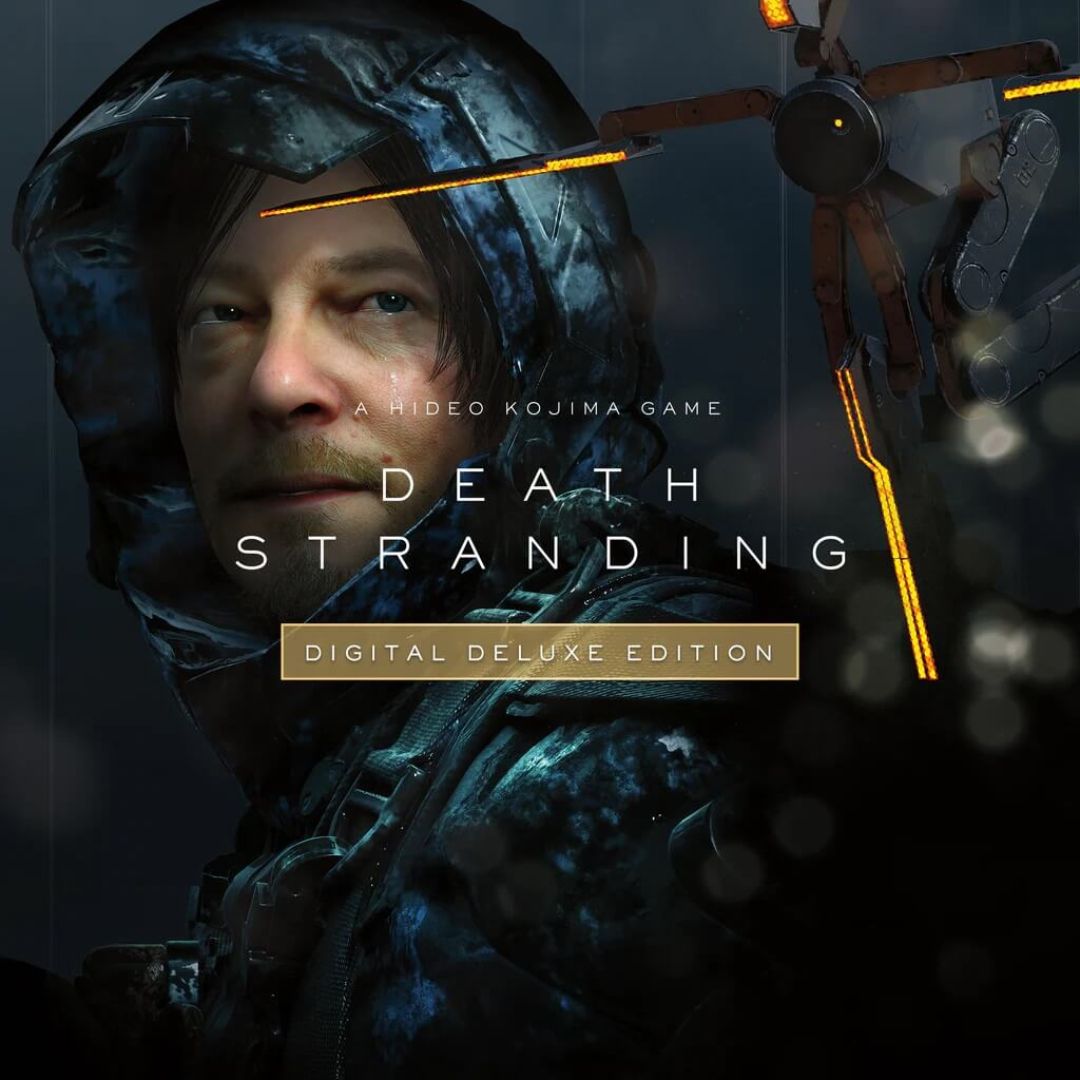
Death Stranding
Released November 8, 2019
ESRB M for Mature: Blood, Intense Violence, Partial Nudity, Strong Language
Developer(s) Kojima Productions
Publisher(s) Sony, 505 Games
Engine Decima
Cross-Platform Play Yes! Players will share the same server as Steam and Epic users
Most actors in the first game are clearly just playing themselves
All barring a couple of actors who did it like rent was due
Norman Reedus, as Sam, was told to play a stoic man, cut off from his emotions after the loss of his expecting wife, sure. That was the whole point — being cut off from the rest of society, afraid to make meaningful, lasting connections, before realizing that humanity is doomed without them. I get it, Hideo-san. However, that is not where any actor's chops would be visible, let alone Reedus's. Deadpan delivery devoid of emotion throughout the game only occasionally makes way for a few polygons moving around to show him grimacing in misery, and that's that. No best performance awards to look for here.
Then, there's Léa Seydoux's Fragile. A wonderfully-written woman with a huge chip on her shoulder, a shady past she wants to work hard to forget and leave behind, and a heroic streak that makes her, in many ways, the savior of the United Cities of America in the game. But the performance? That's Seydoux, the actor, through-and-through. The problem with Fragile in the first game, however, is that it's clear as day that all we're seeing on the screen is an actor with rehearsed lines, delivering the performance as themselves.
The rest of the cast — Deadman, Heartman, and Mama — are guilty of the same — they are just actors reading off a script that prioritizes expository dialog over real, raw communication. Am I aware that Kojima's games have always had expository monologs and that isn't changing anytime soon? Yes. Can I still like those experiences while faulting them for their shortcomings? Also yes.
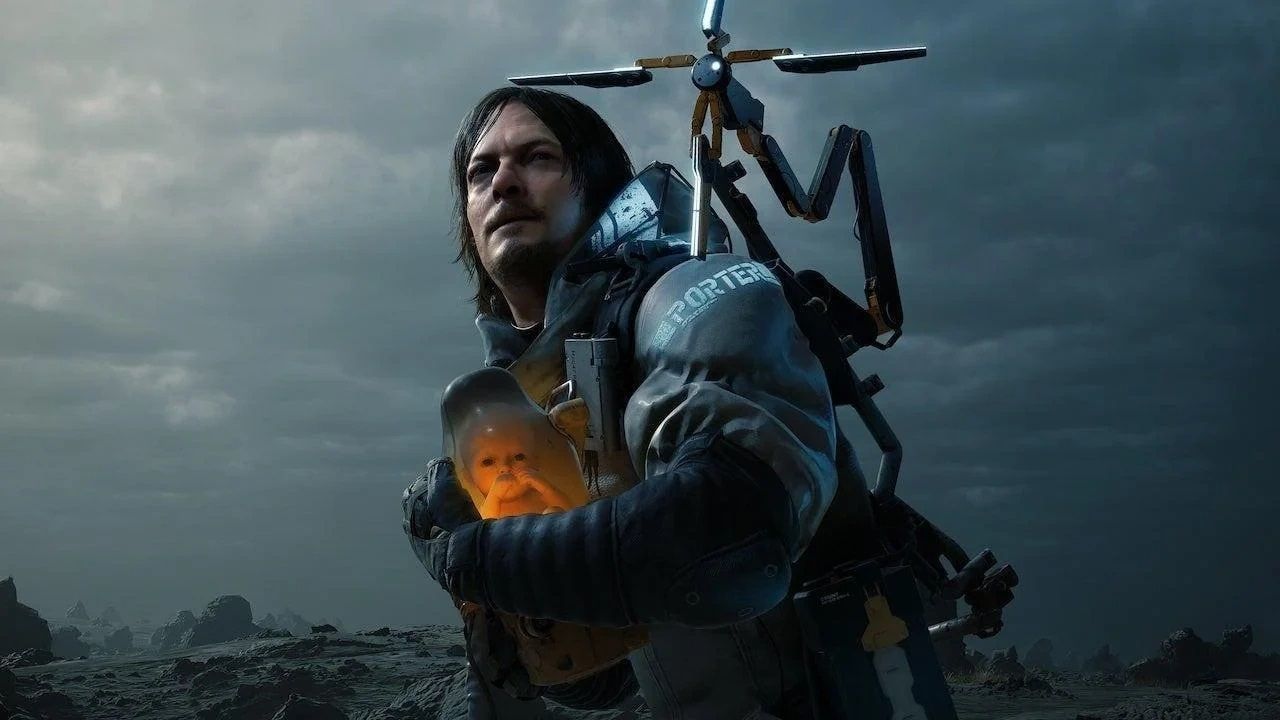
Related
6 games you need to go back to in 2025
it's time to pick these games back up, and stick with them until credits roll.
There were only two people who acted well in the first Death Stranding
And it wasn't anyone in the main cast
That's right — two people alone acted well in the first Death Stranding game, and one of them only made the cut because they chose to do a normal job — something we've seen far too many times with them. Mads Mikkelsen as Cliff, the father who will stop at nothing — not even death — to get his baby back, does a stellar job at portraying a man who doesn't know why the government is doing the things they're doing to his family.
The bereft, disconnected man who just wants to wreak havoc and exact revenge from the powers that be — that's a role Mikkelsen played to perfection, and it's no surprise that he won the Game Award for Best Performance the same year. That aside, there's only one more person involved who did a good acting job, and boy did he knock it out of the park.
Tommy Earl Jenkins, as Die-Hardman in the first game, is nothing more than an expository narrative tool for the most part of the game. He looks cool with his black mask and overcoat, sure, and he even becomes the President of the New United Cities of America, all before he can actually show off his acting chops in the game. But when he does towards the end, with Die-Hardman explaining where his name comes from, and his connection to Cliff? Pure cinema, if I could be so bold as to say that. Die-Hardman cries, pleads for forgiveness, and reminisces about another life, only to then realize his own folly and arrogance, all in one scene, and Tommy Earl Jenkins acted like rent was due.
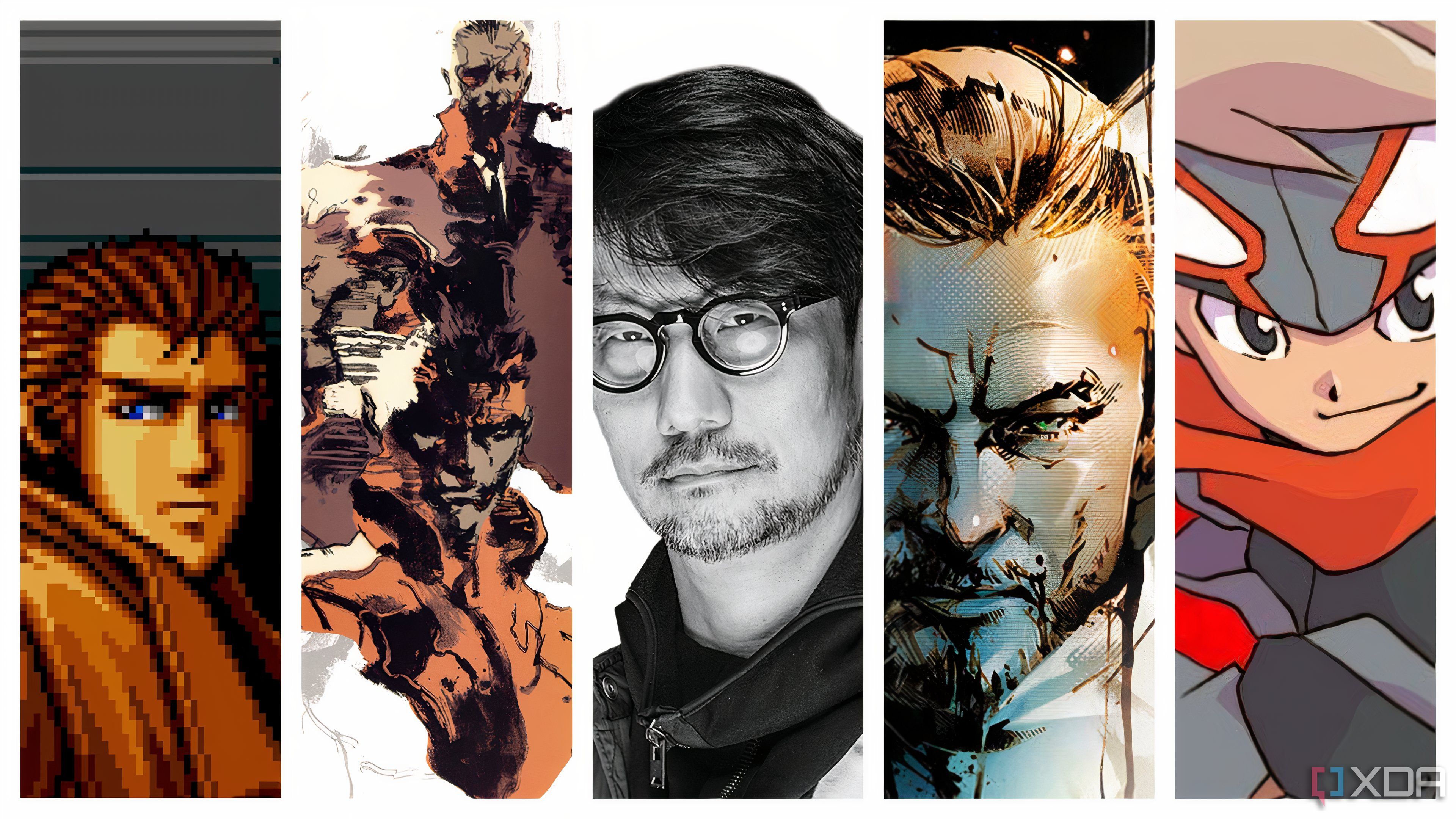
Related
Hideo Kojima has ideas for a third Death Stranding but insists that someone else will have to make it
Hideo Kojima says he has ideas for a third game in the Death Stranding series but says he won't be making it himself.
Death Stranding 2's performances make the first game look like dress rehearsal
The sequel's overall confidence also bleeds into the cast's familiarity with the world
I really loved Death Stranding 2: On the Beach from start to finish, even if the problems with the writing were just as glaring in the second game as the first. However, when it comes to the acting, every single returning character in the second game is visibly more confident in their roles, and this weird, wacky world of Death Stranding where whales fly.
Fragile is finally more fragile than the actor playing her. Reedus's Sam is far more human, which gives the actor more room to act, while the script itself gives him more to do than just deliver boxes and look on with a thousand-yard stare as the people around him wax monologs. Every single actor is now more familiar with the world they're in, and that lends so much more credibility to the acting performances across the board. It has nothing to do with polygon count, while having everything to do with dialog delivery.
There's a world of difference between the acting of the two Death Stranding games
It's amazing what a little confidence and some actual character work can do.
Looking back, Death Stranding's first outing had the looks, the themes, and the vibes — but the acting? It was mostly just talented people trying to make Kojima's word salad sound like Shakespeare. That's why Death Stranding 2 feels like such a level-up. The actors finally get this bizarre world, and instead of feeling like guests awkwardly reading the dinner menu, they own the space they're in.
It's amazing what a little confidence and some actual character work can do. Kojima may still be Kojima, but this time, the cast finally met him halfway — and the result speaks volumes more than the first outcome.
.png)
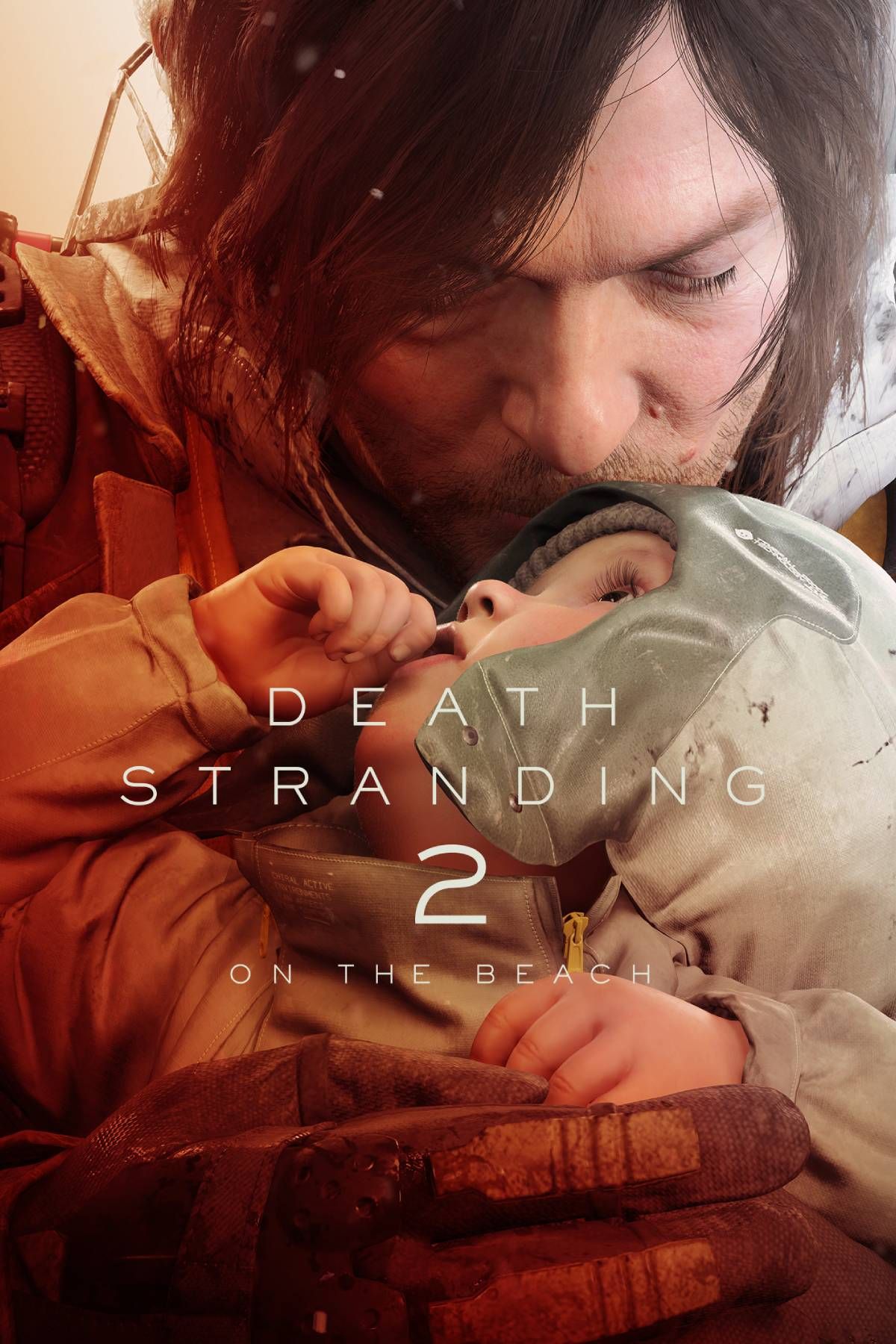












 English (US) ·
English (US) ·